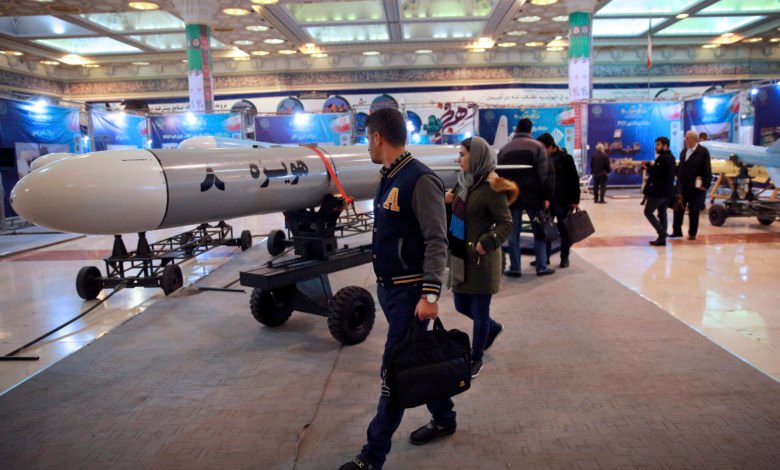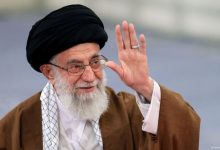
Iran is unlikely to have been undeterred by increased US troop deployment in the Middle East and remains on track to carry out a large-scale attack in the region, the head of the US military’s Central Command said in an interview published Saturday.
“My judgment is that it is very possible they will attack again,” Gen. Kenneth F. McKenzie told the New York Times.
Over the past summer Iran shot down an American drone with no retaliation from Washington. It has subsequently been blamed for — and denied — attacking international oil tankers and destroying large portions of a major Saudi petroleum facility.
The lack of serious consequences has led Israeli officials to warn an emboldened Tehran could seek a major attack on the Jewish state soon.
McKenzie himself did not address such a possibility but did warn that Gulf nations were in danger.
“It’s the trajectory and the direction that they’re on,” he stated. “The attack on the oil fields in Saudi was stunning in the depth of its audaciousness. I wouldn’t rule that out going forward.”
Earlier this month a US-led naval coalition officially launched operations in Bahrain to protect shipping in the troubled waters of the Gulf.
Iran, which has denied any responsibility for the mystery attacks, has put forward its own proposals for boosting Gulf security that pointedly exclude outside powers.
In June, US President Donald Trump called off a retaliatory strike after Iran downed an American drone that Tehran said entered its airspace. The US, which denied the drone entered Iranian skies, was later reported to have launched a cyberattack on Iran.
In September around half of Saudi Arabia’s oil production capacity was knocked offline due to an attack claimed by the Iranian-backed Houthi rebels in Yemen. There was no response to that attack, which the US, Israel and others also blamed on Iran.
And since May, there have been a series of attacks on oil tankers in the Persian Gulf. While Tehran denies being involved, the US Navy says Iran used magnetic mines on the vessels.
Netanyahu last month said Iran was emboldened by the lack of a response to the series of attacks attributed to it. He vowed Israel would respond forcefully to any attack.
On Tuesday, Iran’s Quds Force fired four missiles at Israel from Syria, according to the Israel Defense Forces. All four were shot down, and Israel responded a day later with a punishing round of airstrikes against Iranian and Syrian targets.
At least 23 combatants were killed, 16 of them likely Iranians, according to a Syrian war monitor.
Israel has repeatedly said that it will not accept Iranian military entrenchment in Syria and that it will retaliate for any attack on the Jewish state from Syria.
A Lebanese newspaper on Thursday reported that Tuesday’s rocket attack on the Golan Heights from Syria was retaliation for recent Israeli strikes near a soon-to-be-opened border crossing along the Syria-Iraq frontier.
Israel fears the Albukamal crossing will be used by Iran to transport weapons, equipment and fighters through Iraq, into Syria and onward to Lebanon and other countries in the region.







